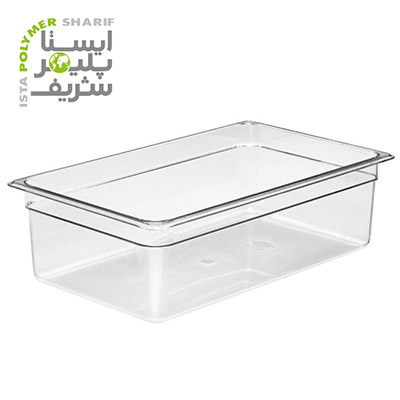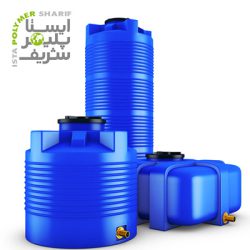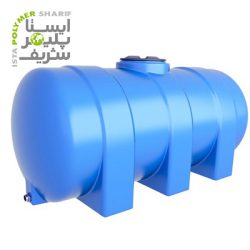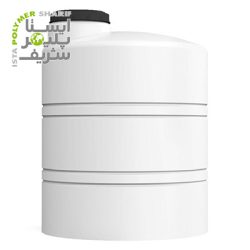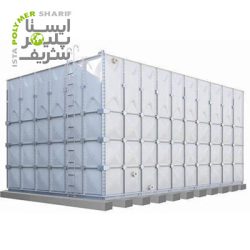The polycarbonate reservoir is one of the products offered by ABtank. Plastic storage tanks can be made from various types of polymers, with the most well-known being polyethylene tanks and polypropylene tanks, or water tank bottles made of polyethylene terephthalate (PET). However, any type of polymer that possesses the final properties necessary for storing water and other liquids can be used in the construction and manufacture of water tanks.
Polycarbonate reservoirs are made from one of the thermoplastic polymers used in modern chemical industries. Polycarbonate is a hard, transparent material that serves as a suitable alternative to glass. Polycarbonate sheets have a UV-resistant layer to protect against sunlight. They are available in various colors such as yellow, green, bronze, and blue. These sheets are flexible, lightweight, and easy to transport.
Excellent Resistance of Polycarbonate Reservoirs
Due to their impact resistance, transparency, and excellent resistance to harsh weather conditions, polycarbonate can be used to make tanks. Its use is extensive in both cold and hot climates due to its thermal insulation properties. Polycarbonates have wide applications in various industries, including construction, transportation, safety glass, open stadiums, pool covers, greenhouse covers, as well as commercial centers and water storage tanks.
Because of features such as flexibility, light weight, and good resistance to weather conditions, polycarbonates are used in the manufacture of water storage gallons. Polycarbonates contain bisphenol A, which is not particularly dangerous, but hygiene standards must be observed in its processing and use as a water storage tank.
Key Advantages of Polycarbonate for Water Storage Tank Construction
Excellent Chemical Resistance: They are resistant to hazardous chemicals such as acids and bases, oils, neutral salt solutions, aliphatic hydrocarbons, and alcohol.
Impact and Scratch Resistance: Their resistance to impact, scratches, and abrasions is confirmed in relevant tests.
Excellent Flexibility: Their tensile and flexural strength is adequate, with values of 70 N/mm² and 2500 N/mm², respectively.
High Thermal Insulation: Due to their low thermal conductivity, they offer excellent advantages in both cold and hot conditions.
Non-Flammability: These materials do not ignite or catch fire, making them highly suitable for tanks exposed to fire hazards.
High UV Resistance: A UV-resistant coating protects the liquid contents of the polycarbonate tank from sunlight, preventing algae growth.
To produce polycarbonate, the material is first synthesized, followed by washing the polycarbonate solution. Then, solvent recovery and evaporation take place, converting the material into granules. Subsequently, these granules can be processed into polycarbonate tanks through various methods to create cylindrical tanks or polycarbonate sheets.

